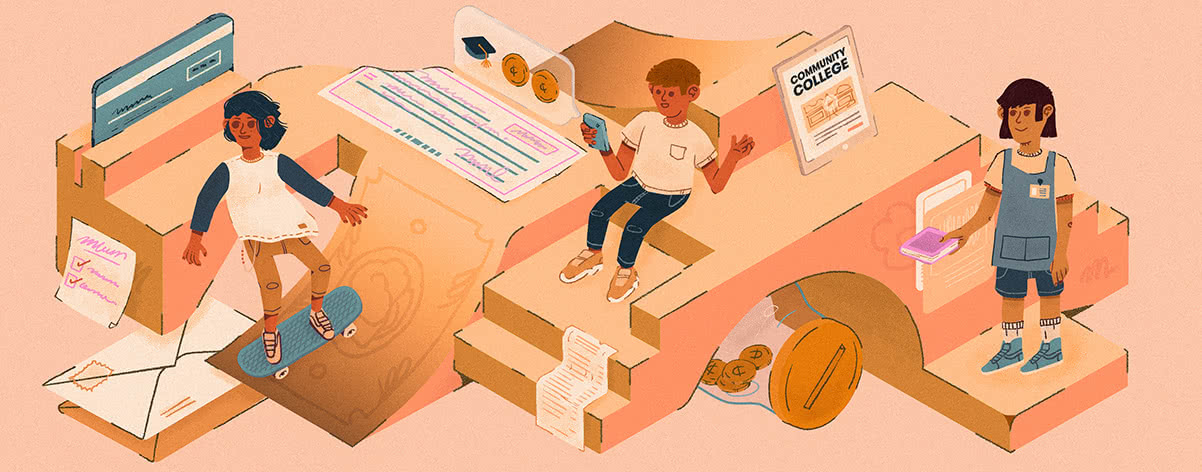1.1: Financial responsibility entails being accountable for managing money to satisfy one's current and future economic choices.
11.1: An informed consumer makes decisions on purchases that may include a decision-making strategy to determine if purchases are within their budget.
15.1: Planned purchasing decisions factor in direct (price) and indirect costs (e.g. sales/use tax, excise tax, shipping, handling, and delivery charges, etc.).
19.1: Credit is a contractual agreement in which a borrower receives something of value now and agrees to repay to lender at some later date.
20.1: Debt is an obligation owed by one party to a second party.
2.1: Financial responsibility involves life-long decision-making strategies which include consideration of alternatives and consequences.
21.1: Effectively balancing credit and debt helps one achieve some short and long-term goals.
27.1: A comprehensive insurance plan (health, life, disability, auto, homeowners, renters, liability, etc.) serves as a safeguard against potential loss.
4.1: Income sources include job earnings and benefits, entrepreneurship, saving and investment earnings, government payments, grants, inheritances, etc. Workers can experience dramatic income dips and spikes from month to month.
6.1: Financial responsibility includes the development of a spending and savings plan (personal budget).

